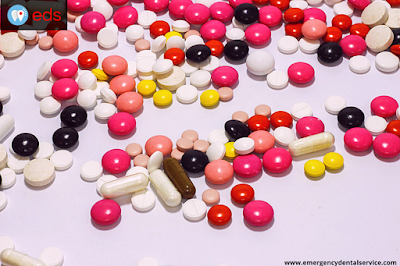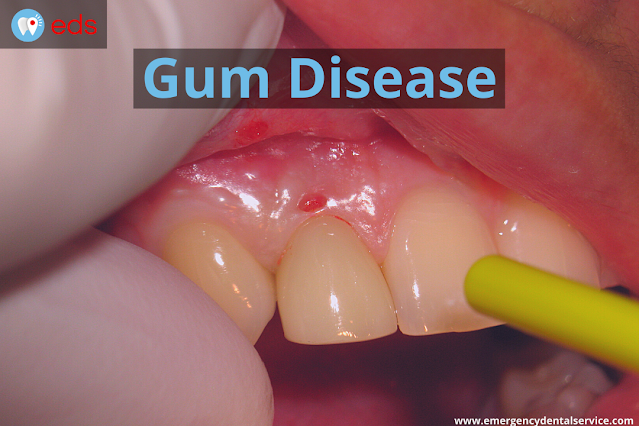What is the ideal level of brightness for your teeth?

We only sometimes seek an emergency dentist. For many of us, having bright white teeth and overall dental health is also essential. Regarding oral health, having a radiant smile is often associated with healthy, bright teeth. But what exactly constitutes the ideal level of brightness for your teeth? Let’s explore the concept of tooth brightness and what’s considered optimal.
Understanding Tooth Brightness
The brightness of your teeth refers to their shade or color. While individual preferences vary, a common reference point is the shade guide used by dental professionals. This guide categorizes tooth shades from A1 (the lightest) to D4 (the darkest). Typically, people aim for a shade within the A1 to B1 range, representing a natural, healthy brightness without appearing unnaturally white.
Factors Affecting Tooth Brightness
Several factors influence the brightness of your teeth. Genetics play a role; some individuals naturally have brighter enamel than others. Lifestyle choices such as smoking, drinking dark-colored beverages, and eating certain foods can lead to tooth discoloration. Age also impacts tooth color, as enamel darkens and wears down over time.
Ideal Brightness for Teeth
The ideal brightness level for teeth varies from person to person and largely depends on personal preferences. However, dental professionals recommend a natural shade that complements your overall appearance. Teeth that are too bright or unnaturally white might not suit everyone and can sometimes appear artificial.
Emergency Dental Care and Brightness Concerns
When sudden changes in tooth brightness occur, seeking emergency dental care might be necessary. It could involve unexpected tooth discoloration due to injury, decay, or other underlying dental issues. Emergency dental services provided by 24-hour dentists or emergency dental clinics can address urgent concerns related to changes in tooth color or unexpected brightness shifts.
Maintaining optimal tooth brightness
Maintaining the ideal brightness for your teeth involves good oral hygiene practices. Routine brushing, flossing, and routine dental cleanings help prevent stains and preserve natural brightness. Avoiding excessive consumption of staining substances like coffee, tea, or tobacco can also contribute to maintaining a brighter smile.
Conclusion: Striving for Natural Radiance
The ideal brightness for your teeth is subjective and should balance personal preference and natural appearance. While aiming for a healthy, bright smile, it’s essential to consider individual factors and seek emergency dental care if unexpected changes in brightness occur. Striving for an ideal brightness level for your teeth involves finding a natural balance that suits your preferences. Regular dental care and addressing sudden changes in brightness through emergency dental services ensure your smile stays radiant and healthy.
The Article "What is the ideal level of brightness for your teeth?" was originally posted Here.


Comments
Post a Comment